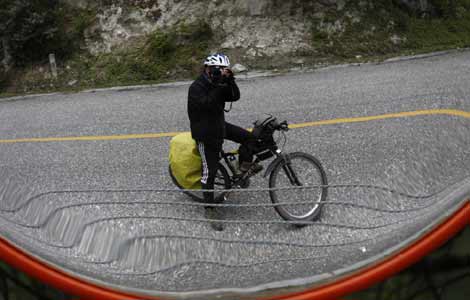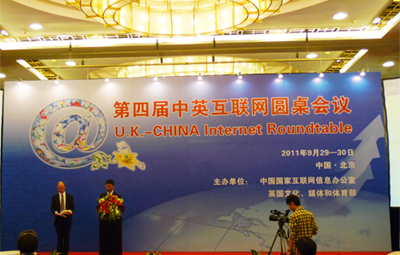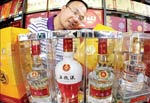Metal trader gives copper second try
Updated: 2011-10-02 07:22
By Zhang Q (China Daily)
|
|||||||||
BEIJING - China Minmetals, a State-owned metals trader, has made a $1.3 billion offer to take over the Toronto-listed copper producer Anvil Mining, marking Minmetals' second attempt to obtain copper assets this year after it had failed to take over the African copper miner Equinox.
Minmetals Resources, the company's Hong Kong-listed arm, said on Friday that it will offer $7.70 a share for Anvil and that the deal has won approvals from the largest shareholder in Anvil, Trafigura Beheer, and Anvil's board.
The offer came after Minmetals had attempted to buy up copper assets in Africa in April. In an unsolicited proposal, it then tried to take over Equinox Minerals Ltd but lost that acquisition opportunity to a $7.69 billion cash bid submitted by Barrick Gold Corp, the largest producer of gold in the world.
In a statement, Minmetals said it will take advantage of Anvil's experience and relationships to expand further in southern and central Africa, an area with "enormous exploration potential".
Anvil has mines in the Democratic Republic of Congo and its main asset is the Kinsevere copper mine, which is expected to produce between 36,000 and 38,000 tons of copper this year and eventually to increase its output to 60,000 tons a year, the statement said. It also said Anvil will boost Minmetals' copper output by 60 percent and its copper reserves by 75 percent, or to 1.7 million tons.
David Lamont, CEO of Minmetals Resources, said the company will be looking for more assets like Anvil as it pursues its expansion plans, according to the Financial Times.
"Our aspiration is to see ourselves in the next three to five years growing into one of the top mid-tier mining companies," Lamont said. "We feel that we are underweight in copper. Copper is a market that we see through the medium to long term as being very strong."
Congo holds 4 percent of the copper reserves in the world and is among the largest producers of cobalt, according to data from Bloomberg.
To fuel the country's economy, Chinese companies have been enthusiastically seeking resources overseas in recent years.
In 2010, Chinese companies spent more than $6.6 billion to acquire overseas mining companies or mining assets, according to data from Thomson Reuters. The year before, when China was one of the few countries that had cash to spare amid the financial downturn, the country had played a large role in the global mining and metals transaction market.
But in 2010, many countries regained much of their former vigor, pushing China to fourth in the global mining transactions market.
In the first half of this year, more than 75 percent of mining mergers and acquisitions had to do with copper, gold and coal mining, said Wayne Jansen, a global partner in the auditing firm KPMG, who is responsible for dealing with the mining industry.
He said the competition for those resources is fierce.
In July, the Sichuan Hanlong Group, a private conglomerate, offered A$1.2 billion ($1.3 billion) in cash for the rest of the Australia-listed miner Sundance Resources Ltd, hoping to gain control of the company's iron ore project in West Africa.
Liu Han, chairman of Hanlong, previously told China Daily that West Africa is emerging as an important region, especially after it has become more difficult in recent times to invest in Australia and Brazil.
"Australia and Brazil both have great resources, but, because of rising cost pressures and policy barriers, they don't provide many opportunities to Chinese investors," he said.
China's Jinchuan Group Ltd, agreed to pay $1.36 billion in July for the African copper producer Metorex Ltd.










